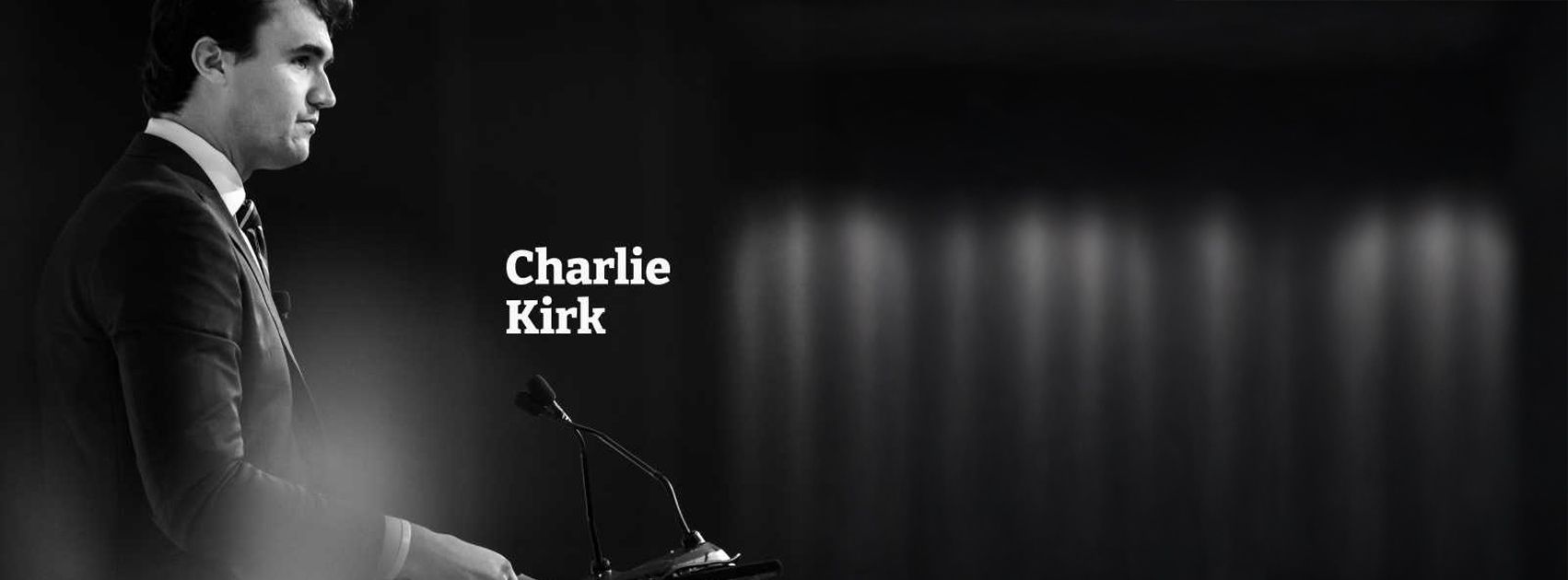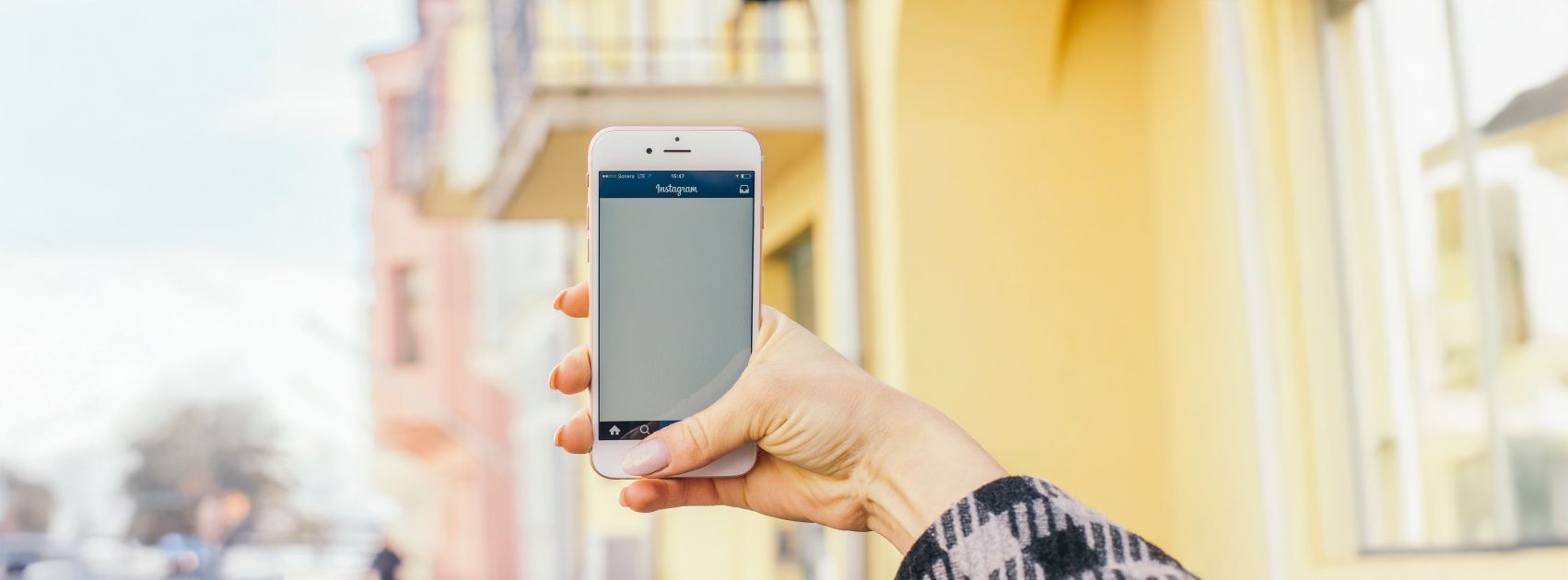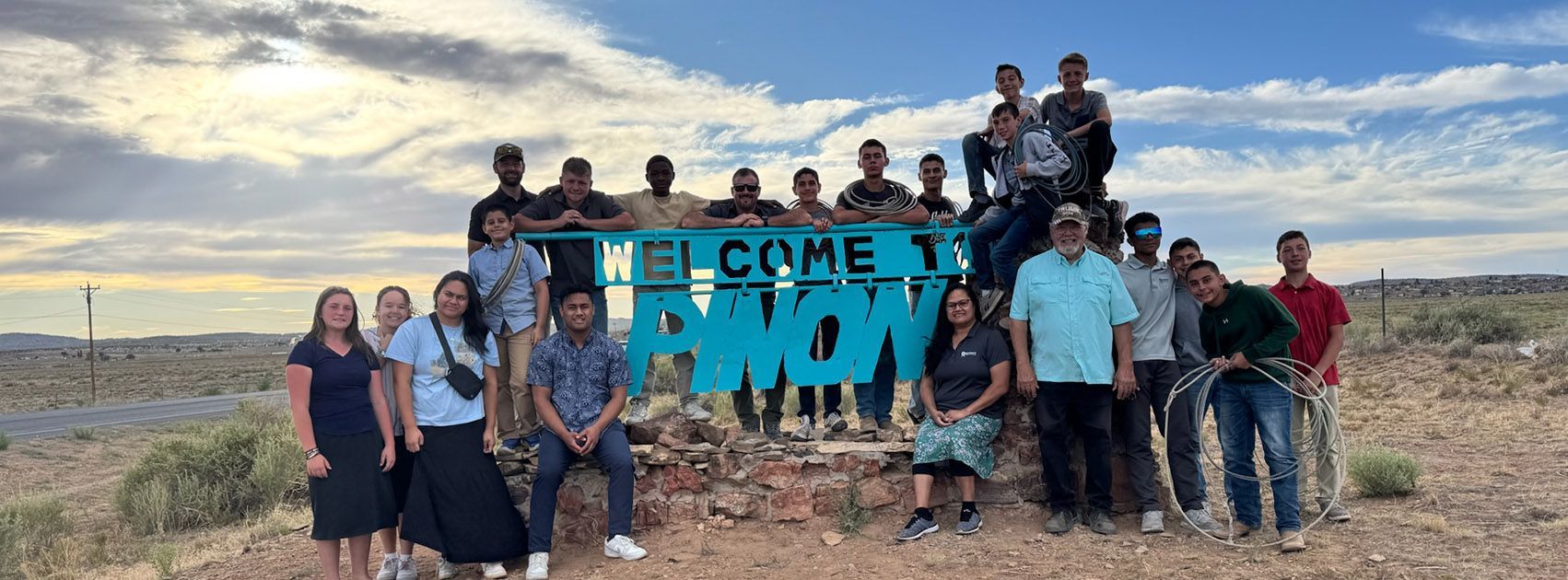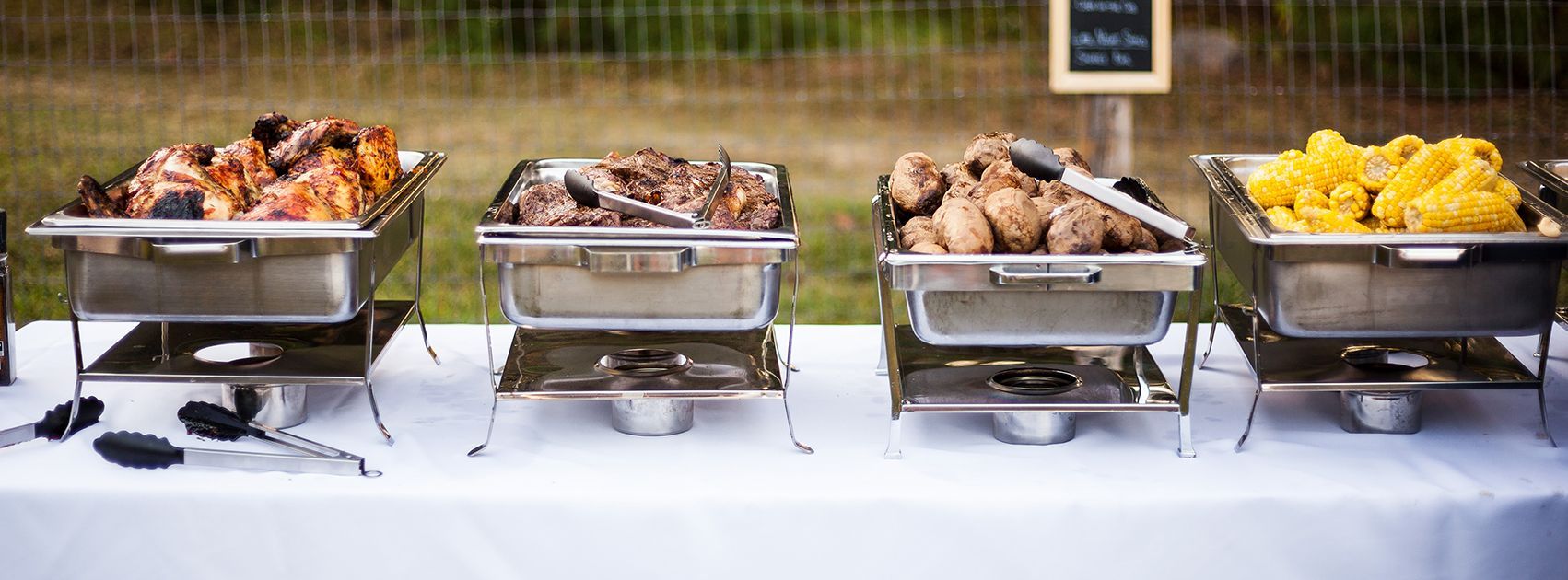How Should Christians Deal with Halloween?

Our family was driving home from church the other night and as we pulled on to our street, our kids commented on the Halloween decorations that covered houses in our neighborhood. For Christian kids, their comments were interesting. They said, “They have Halloween decorations. They are bad people”. My wife and I quickly chimed in and explained to our kids that most of our neighbors are not saved, and while they may not necessarily be good people, they simply do not understand the truth about God and the devil and that we should pray for them to be saved.
Interestingly, Christians are quite divided on the issue of Halloween. Churches have their “Trunk or Treat” events. Some dress in costume. Some do not. Some treat any fellowship on October 31st as a union with the worship of the devil’s day with non-believers. Some provide alternative fellowships like fall festivals that do not have costumes, ghouls, and skeletons, but provide activities like hay rides, apple bobbing, and corn hole. Not all religions are as divided on this issue, but Independent Baptists seem to especially have a variety of stances on how to treat this holiday.
Disclaimer
An important disclaimer to this subject must be said. This is not necessarily a gospel issue. As Christians, we live in the world, but we are not of the world. How we operate and live in the world will preach a message, and we are going to differ on many issues in this life. Grace should be readily given to a number of these issues. While I do not give grace to false preachers of the gospel, I’m also not going to demonize a church for holding a “Trunk or Treat” event that does it in good taste. I personally don’t promote that with our church. For years, we’ve held a “Harvest Party”. People don’t dress up and we have a sweet time of fellowship. I am more opposed to those that use the liberty excuse to dress up as R-rated horror movie characters though. Moreover, I do personally give a measure of grace to my fellow believers on this issue.
However, the reason for this article is to highlight the fact that we must be vigilant. Too many of our decisions have been flippantly exercised to appease our conscience when indulging in worldly pleasures. “It’s not that big of an issue” is too often shrugged. What your church did on Halloween may not be the subject of contention on your death bed, it is worth noting.
Where did Halloween come from?
It really is a melting pot of traditions and practices. Some say it is from a Celtic belief and practice where the God of death would come and gather the dead souls together around this time. Some say it is from certain European traditions where a visitation from the dead would be around this time. Some say that Catholics have a part in the origin. The one thread that continues throughout these sources is that they are all connected to the dead in some way. In some origins, it was pagan beliefs and practices. In others, it was prayers and rituals for the dead. The reality is that what is practiced in modern America with Halloween is loosely, if at all, connected to these origins. With a select number, there may be. With most, these origins are unrealized. Origins don’t always dictate how practices continue. Several holidays would have this truth as well.
Halloween Today
Without the label and the date stamp of Halloween, most of the practices that people participate on generally seem to be positive from the outside. People gathering together, kids getting out and talking to their neighbors, candy and goodies being passed out to strangers in a fun way – on the surface, these are all pretty harmless. Now, when you add the blood, guts, gore, and severely inappropriate pieces to this, it changes drastically, but the sheer nature of what people do on this day certainly seems to have a great disconnect with some of the possible origins in other cultures with Halloween. This is not a shrug to the obvious evil, darkness, violence, and immorality present on Halloween. The kids version of Halloween seems pretty harmless, church’s fellowships and events seem to be very positive, but there is clearly another side to this day that involves immoral parties and wicked practices (whether genuine or not).
The Day of the Dead
I John 4:1 – “Beloved, believe not every spirit, but try the spirits whether they are of God: because many false prophets are gone out into the world.”
There is a clear connection with Halloween and the Day of the Dead. This is practiced widely in Central & South America. They believe that the spirits will come visit them on this day. Rituals are performed to contact their relatives in their homes and in public places. The Disney movie, Coco, (which I have not seen or allowed our children to see) is a clear whitewashing of this day to draw innocence to this pagan practice. The Day of the Dead is a bit of a mixture of Catholic and Aztec practices, while Catholic church bells are often the ones that are used to announce the arrival of these spirits of the dead family members and saints that are “arriving”. It is a clear damnable practice that should be completely opposed as Christians. I’m glad for the missionaries that we have in Mexico and in other places that we pass out thousands of tracts during these parades and festivals to give the truth of the gospel in the face of this abominable wickedness.
Principles & Truths to Consider
Not all practices that were practiced by pagans are pagan and sinful. This can easily be abused. Pagans going around singing does not mean that Christians going around singing during a certain holiday are sinful. Many of those that dress up and walk their neighborhoods on Halloween are not indulging in pagan practices clearly.
The appearance of evil should be avoided at all costs. I Thessalonians 5:22 states, “Abstain from all appearance of evil.” Cue the spider webs, skeletons, vampires, pop culture figures, and ghosts. None of this should be excused are accepted as Christians. You can argue whether a princess dress is appropriate for a five-year-old girl because it happens to be October 31st, but dressing up as Frankenstein should be a no-brainer as a believer.
The end doesn’t justify the means. Proverbs 14:12 says, “There is a way which seemeth right unto a man, but the end thereof are the ways of death.” This Proverbs gives a principle that can apply to a myriad of scenarios. We are wise to consider if our methods are Christ-honoring. I don’t personally ever see our church having “Trunk or Treat”, but I’m not really against those who do. I do believe there is a line we are careful not to cross on these days, and we should be careful to be mindful of our methods just as much as our results.
Separation doesn’t make you a Scrooge. Forgive the Christmas reference. You are not a downer because you refuse to put up skeletons in your front yard. Many opportunities arise in the world that give Christians a clear way to shine for Christ while the herds move in an opposite direction. Halloween would certainly be one of those examples.
Offer grace and stand firm. I believe in holding firm and true to convictions while also being gracious to other believers. I have no problem with calling out the debauchery and evil that takes place on Halloween, but I also have no problem offering a measure of grace (that I hope is reciprocated) to those that don’t follow every standard that I hold to. Strive to honor Christ and to be gracious to fellow believers.












